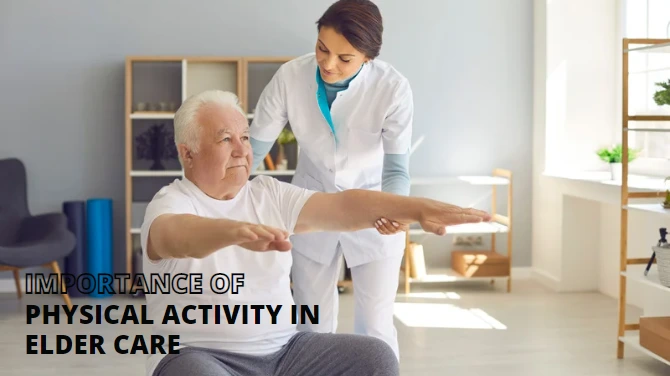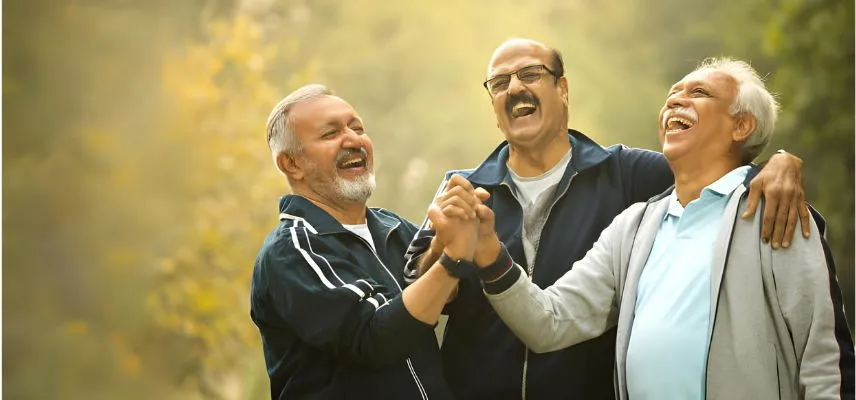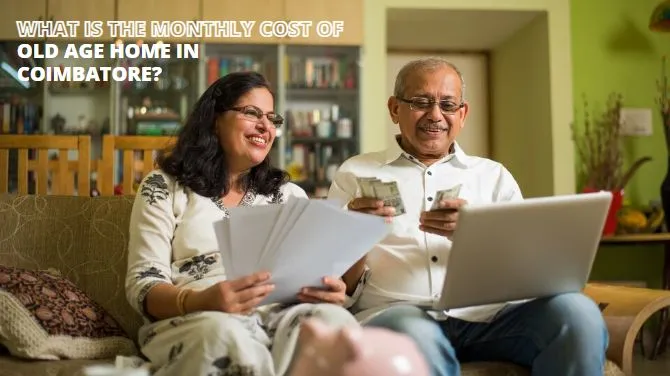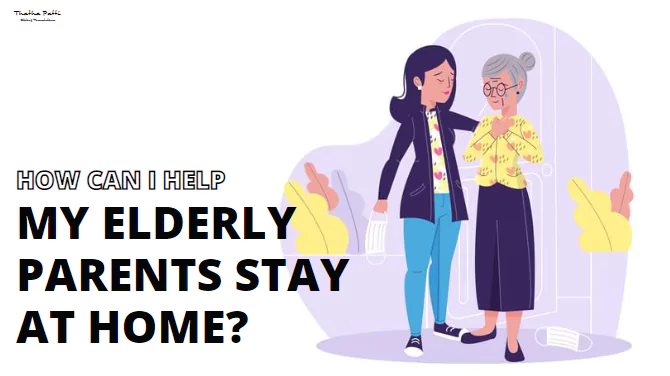- June 01, 2023
- Elder care service in Coimbatore
Importance of physical activity in elder care

As individuals age, physical activity becomes increasingly important for maintaining overall health and wellbeing. Engaging in physical activity can help improve cardiovascular health, maintain muscle mass and strength, improve balance and coordination, and reduce the risk of falls.
Maintains Cardiovascular Health
Engaging in physical activity, such as walking or cycling, can help maintain cardiovascular health in elderly individuals. As individuals age, their risk for heart disease and stroke increases, and physical activity can help reduce this risk. Regular exercise can also help lower blood pressure and cholesterol levels, reducing the risk of heart disease.
Maintains Muscle Mass and Strength
As individuals age, they may experience a loss of muscle mass and strength, which can impact their ability to perform daily activities. Engaging in regular physical activity, such as resistance training or yoga, can help maintain muscle mass and strength, leading to improved mobility and quality of life.
Improves Balance and Coordination
Falls are a major concern for elderly individuals, as they can lead to serious injury and reduced mobility. Engaging in physical activity that improves balance and coordination, such as tai chi or dancing, can help reduce the risk of falls and improve overall mobility.
Reduces the Risk of Chronic Conditions
Physical activity has been shown to reduce the risk of chronic conditions such as diabetes, obesity, and osteoporosis. These conditions can have a significant impact on quality of life and physical activity can help reduce the risk of developing these conditions in the first place.
Improves Cognitive Function
Physical activity has also been found to improve cognitive function in elderly individuals. Exercise has been shown to improve memory and executive function, leading to improved mental health and quality of life.
Improves Mental Health
Engaging in physical activity has been found to have numerous benefits for mental health, including reducing symptoms of anxiety and depression, improving mood, and reducing stress levels. Physical activity can also provide a sense of purpose and social interaction, leading to improved mental health and overall wellbeing.
Increases Social Interaction
Engaging in physical activity can also increase social interaction for elderly individuals. Joining a fitness class or walking group can provide opportunities for social interaction and can help reduce feelings of isolation and loneliness.
Physical activity is an essential component of elder care. Engaging in regular physical activity can help maintain cardiovascular health, muscle mass and strength, balance and coordination, reduce the risk of chronic conditions, improve cognitive function, improve mental health, and increase social interaction. If you are caring for an elderly loved one, encourage them to engage in physical activity and explore options such as fitness classes, walking groups, or resistance training to improve their overall health and wellbeing.





